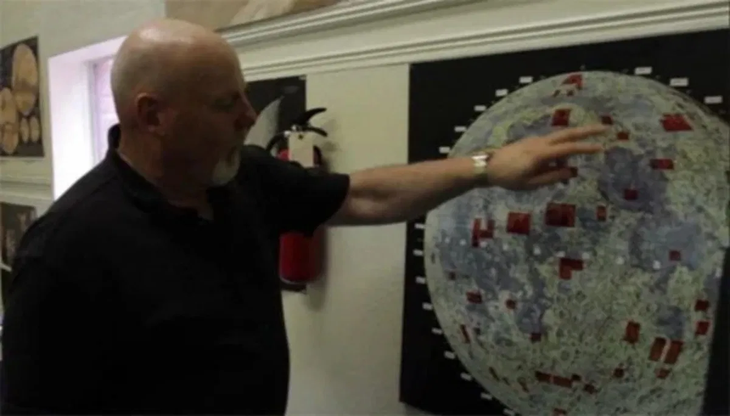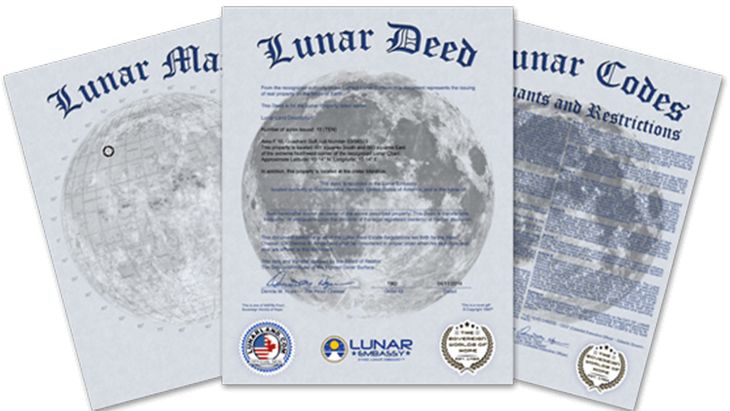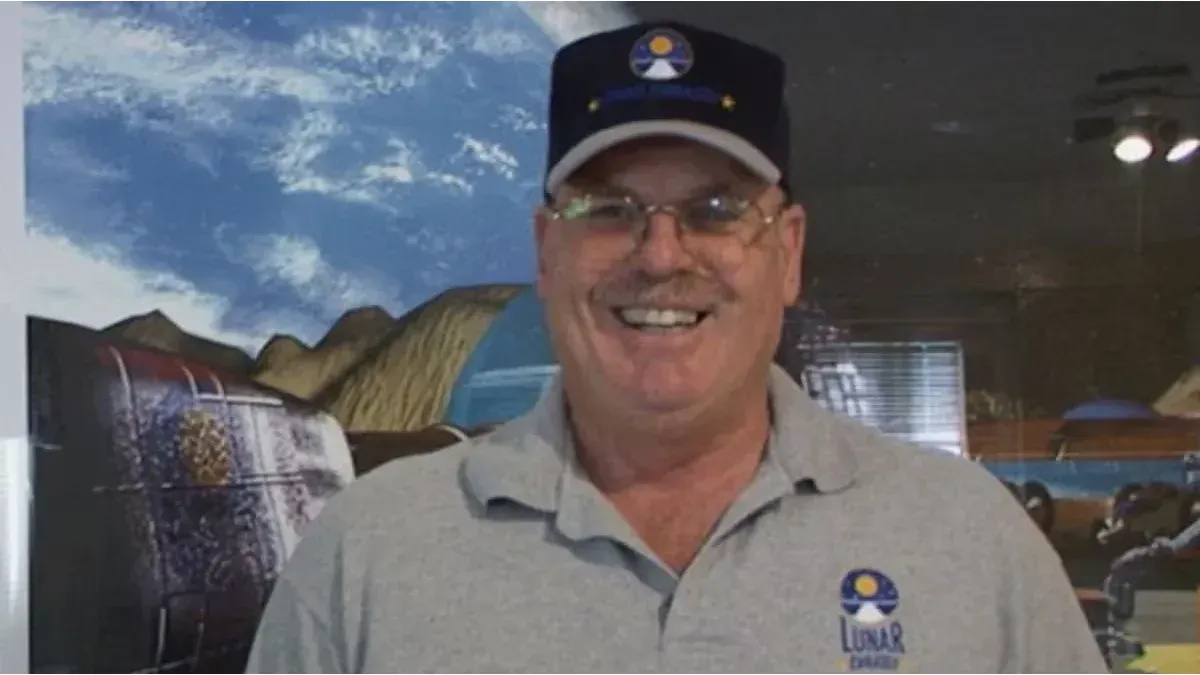He took advantage of an alleged loophole in international law and built a multimillion-dollar business selling land on the Moon and other planets.
Dennis Hope is an American businessman who stars in one of the most controversial and curious stories surrounding extraterrestrial property. In 1980, he started a business that challenged the limits of what was imaginable: the sale of land on the Moon. Based on a peculiar interpretation of international law, it declared sovereignty over the Earth’s natural satellite and other celestial bodies, initiating a lucrative venture that generated millions of dollars. However, this initiative was not free of legal controversies and criticism.
The content you want to access is exclusive to subscribers.
Hope’s case is not only an example of how an unusual idea can become a significant source of income, but also a reflection of the legal complexities that arise when trying to market property outside the land’s boundaries.


Dennis-Hope.webp

The sale of land on the Moon generates millions despite the legal doubts that surround it.
Dennis Hope: the man who sold the Moon, Mars and other planets
In 1980, Hope was looking for new economic opportunities and identified a loophole in the United Nations Outer Space Treaty 1967. This agreement, signed by various world powers, prohibits States from claiming sovereignty over the Moon or any other celestial body, but does not mention individuals or private entities. Based on this omission, the businessman decided to send declarations of ownership to different governments and the United Nations, ensuring that his supposed sovereignty was recognized.
With a price of 37 dollars for every 0.4 hectaresthe venture began to attract curious and eccentric buyers. Over the years, the American extended its “sales” to Mars and other planets in the solar systemaccumulating earnings of approximately 9 million dollars. However, this business soon generated controversy. Since 1998, former clients have sued him in the United States, France and the United Kingdom, arguing that the transactions lacked legal validity.
For his part, the businessman maintained that his model was supported by a gap in international law. Despite the accusations and public scrutiny, his proposal attracted thousands of people interested in owning a “piece” of the universe, making clear the impact an unconventional idea can have when combined with a bold business strategy.
Dennis Hope-3.jpg

The businessman maintains that international laws do not prohibit individuals from claiming planets.
Other visionaries who proclaimed themselves owners of the Moon
Dennis Hope was not the only one to try to claim ownership of lands outside of Earth. Throughout history, other visionaries also claimed ownership of the natural satellite. However, none managed to achieve the notoriety or financial success that he obtained.
The initiatives of these would-be owners of the Moon are often surrounded by skepticism, but they also show how the human imagination can challenge the limits of convention. These proposals have worked to open debates on the regulation of space activities and exploitation rights in an area where international laws still have significant gaps.
The case of Hope and other visionaries highlights how the dream of exploring and “owning” outer space continues to be a source of fascination, but also of legal and ethical conflicts that are still far from resolved.
Source: Ambito
I am a 24-year-old writer and journalist who has been working in the news industry for the past two years. I write primarily about market news, so if you’re looking for insights into what’s going on in the stock market or economic indicators, you’ve come to the right place. I also dabble in writing articles on lifestyle trends and pop culture news.




